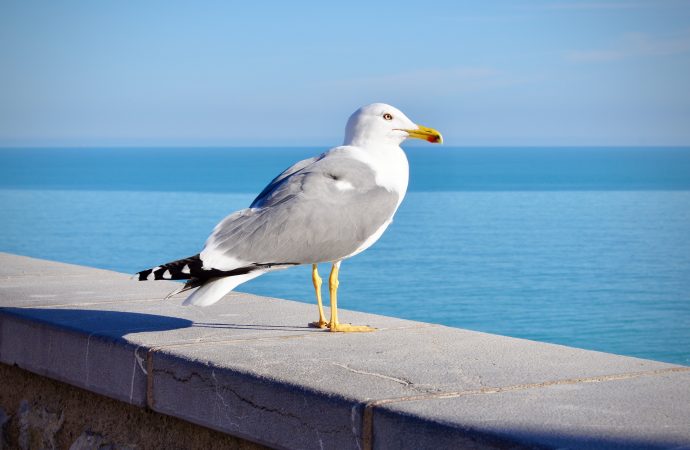Seagulls are often seen as pests by humans, with their scavenging behavior and loud calls causing annoyance and frustration. However, these birds play an important role in our ecosystem and are worth understanding and appreciating for their contributions. One of the main roles of seagulls is as scavengers. They are able to feed on a
Seagulls are often seen as pests by humans, with their scavenging behavior and loud calls causing annoyance and frustration. However, these birds play an important role in our ecosystem and are worth understanding and appreciating for their contributions.
One of the main roles of seagulls is as scavengers. They are able to feed on a wide variety of food sources, from fish and other sea creatures to human leftovers and garbage. This helps to keep our beaches, harbors, and other coastal areas clean and free of waste. Without seagulls, these areas could become overrun with waste and pose a threat to the health of other animals and humans who use them.
In addition to their role as scavengers, seagulls also play a key role in the food chain. They are preyed upon by larger birds, such as eagles and ospreys, as well as by mammals like foxes and raccoons. By serving as prey, seagulls help to sustain these other animals and maintain the balance of the ecosystem.
Seagulls also have an impact on the health of other sea creatures. They feed on small fish and other animals, which helps to keep their populations in check. This, in turn, can have an impact on the health of larger fish and other marine creatures that rely on these smaller animals as a food source.
Moreover, seagulls have been found to help fertilize soil with their droppings. Their feces are rich in nitrogen, which can help to promote the growth of plants and other organisms in coastal areas. This can have a positive impact on the health of the entire ecosystem and contribute to the overall biodiversity of the region.
However, it’s important to note that seagulls can also have negative impacts on the environment. Their scavenging behavior can lead them to consume non-native species, which can disrupt the balance of the ecosystem. In addition, their droppings can sometimes be a source of pollution and can pose a risk to human health.
Despite these potential drawbacks, it’s clear that seagulls play an important and valuable role in our ecosystem. By helping to keep coastal areas clean, sustaining the food chain, and fertilizing soil, they contribute to the health and well-being of the entire region. As such, it’s important that we take steps to understand and appreciate these birds for their contributions and work to ensure that they continue to thrive in our environment.

















Leave a Comment
Your email address will not be published. Required fields are marked with *